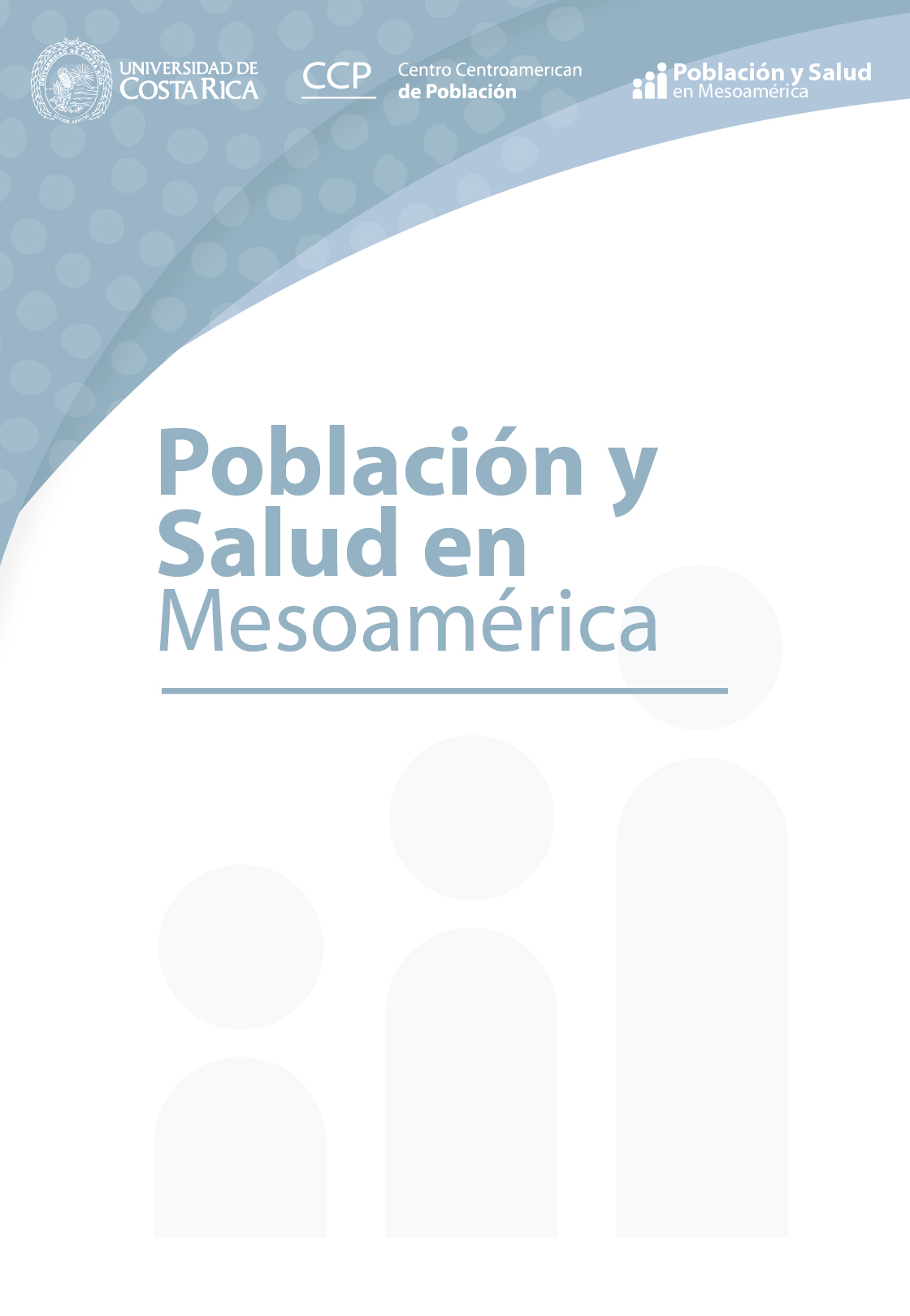Resumen
Objetivo: analizar si el origen social y ciertas características sociodemográficas como la escolaridad, el empleo y el ser madre influyen en el aplazamiento de la primera unión en dos cohortes de mujeres mexicanas. Fuente de datos: Encuesta Demográfica Retrospectiva de 2017. Metodología: se utilizaron técnicas descriptivas y multivariadas de historia de eventos. En el análisis multivariado, se ajustaron dos modelos de historia de eventos, uno para la cohorte más antigua y otro para la más joven. Resultados: las mujeres nacidas entre 1978 y 1987 retrasaron más su calendario en comparación con las nacidas entre 1962 y 1967. La proporción de ocurrencia de la primera unión a los 30 años ha cambiado según la cohorte de nacimiento, las mujeres más jóvenes muestran menores porcentajes al respecto. Las mujeres de la cohorte más joven con alto nivel educativo, sin hijos y de mayor estrato tienen menos probabilidades de unirse. Conclusiones: el calendario de la unión en México es heterogéneo y está acentuado por las nuevas generaciones, la clase socioeconómica, el nivel educativo y la fecundidad previa.







